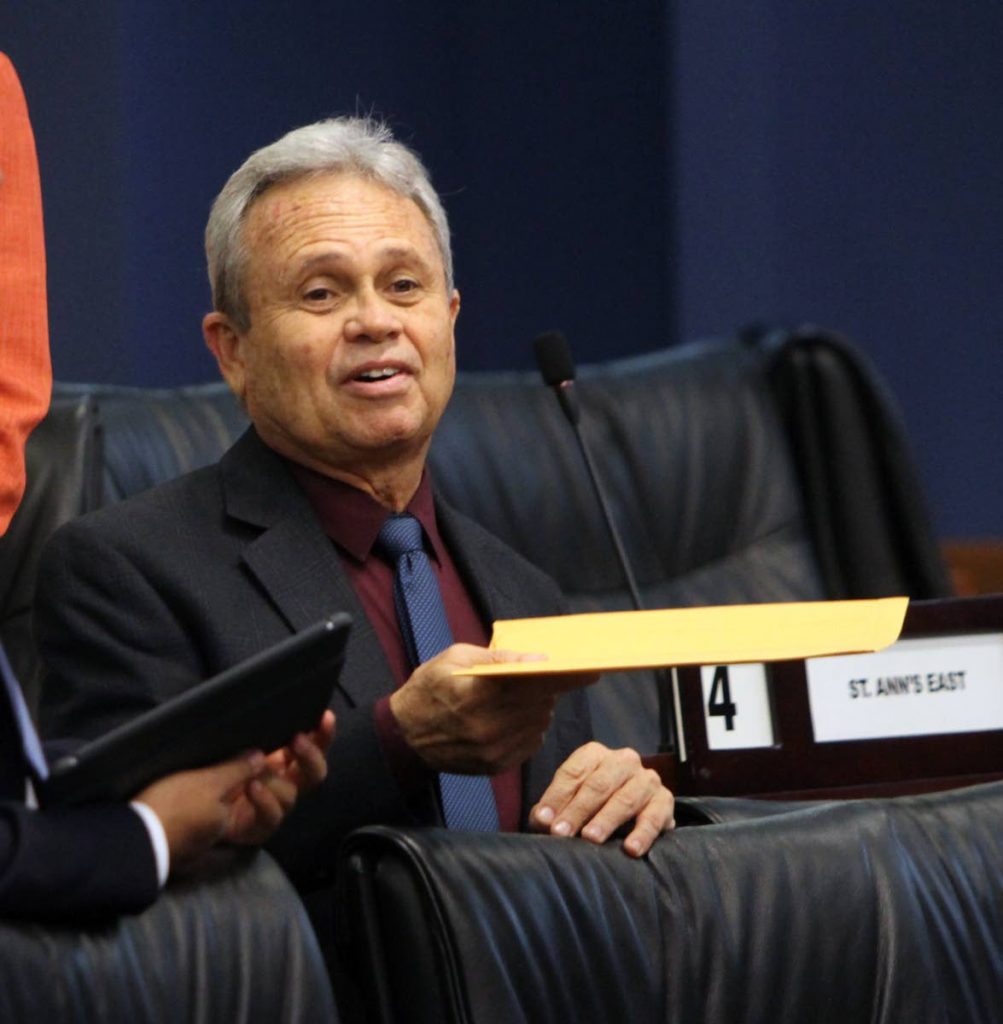Citizens want more money for education and health

Citizens of TT are waiting with bated breaths to hear what the 2018-2019 budget has in store for them. Finance Minister Colm Imbert will deliver what will be the fourth budget since the PNM came into power in Parliament today at 1.30 pm.
The 2016-2017 budget allocation was $50.5 billion. It remains to be seen if allocations for the various ministries would increase, or given the country’s precarious economic situation, there will be cuts what with the closure of Petrotrin and about $2 billion in payouts of retrenchment funding.
Imbert had announced a number of measures in the 2017-2018 fiscal package aimed at closing the gap on a $4.76 billion budget deficit.
These included an increase in diesel and super prices, restrictions on maxi-taxi licenses to be removed to allow for a freer public transportation system, grants of up to $100,000 for farmers under a new Agricultural Financial Support Programme, a National Crime Prevention Programme to prevent crime through community empowerment, rate assessment exercise for water and electricity rates to be completed by 2018, a review of Government Assistance for Tuition Expenses (GATE) programme, proposed increase of penalty for offence under the Private Hospitals Act from $10,000 to $100,000, CL Financial assets to be divested either on stock exchange/national mutual funds and available for purchase by the public, Corporation Tax increase from 25 per cent to 30 per cent, tax of 10 per cent on all cash winnings of NLCB and commercial banks to have a new tax bracket of 35 per cent.
Newsday spoke with several people yesterday who expressed their hope that more money would be pumped into education and health. It was surprising that people were more concerned about these issues than beefing up the police service given the high rate of murders. The murder toll has crossed 400.
Analysts say while crime was a very troubling issue, it was unlikely that the National Security Ministry would be receiving significantly more resources to tackle the problem.
Economics lecturer at the UWI Dr Roger Hosein said the labour market was in a mess with unemployment in the country set to hit record highs not seen since 2005.
The unemployment rate rose to 5.3 per cent in the second quarter of 2017 from 3.3 per cent in 2014. Youth unemployment was estimated at 12 per cent in 2017, compared with 7.9 per cent in 2014.
Hosein said Government needed to rethink the Government Assistance for Tuition Expense (GATE) funding strategy and ensure it was aligned with appropriate manpower planning strategy.
Political analysts and economists have painted a grave picture for the coming fiscal year. Dr Vaalmiki Arjoon, lecturer in finance and economics at the University of the West Indies said it was highly unlikely that there would be any “goodies” in this year’s budget, adding that anything done to ease the burden on the country and its economy would possibly be a political initiative seeing as there will be a local government election next year and a general election in 2020.
In the previous budget Education received $7.29 billion; national security was allocated $6.23 billion; health was awarded $6.02 billion; public utlities received $3.54 billion; Works and Transport got $3.09 billion; Rural Development and Local government received $1.84 billion; Housing received $1 billion and Agriculture $.54 billion.

Comments
"Citizens want more money for education and health"